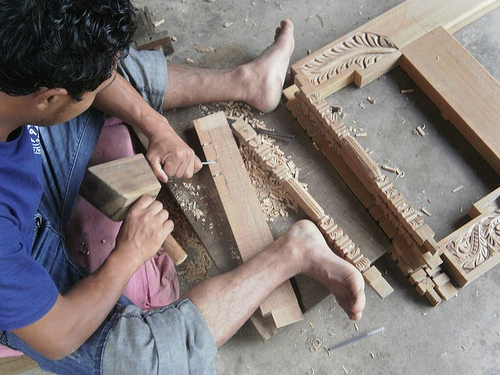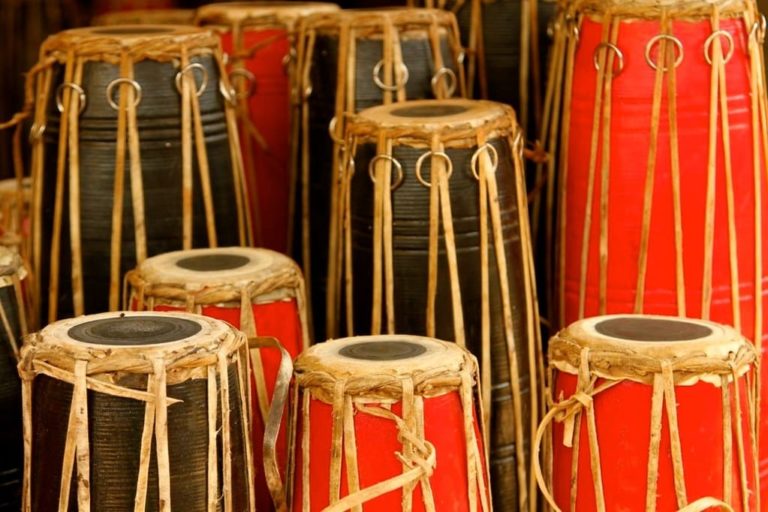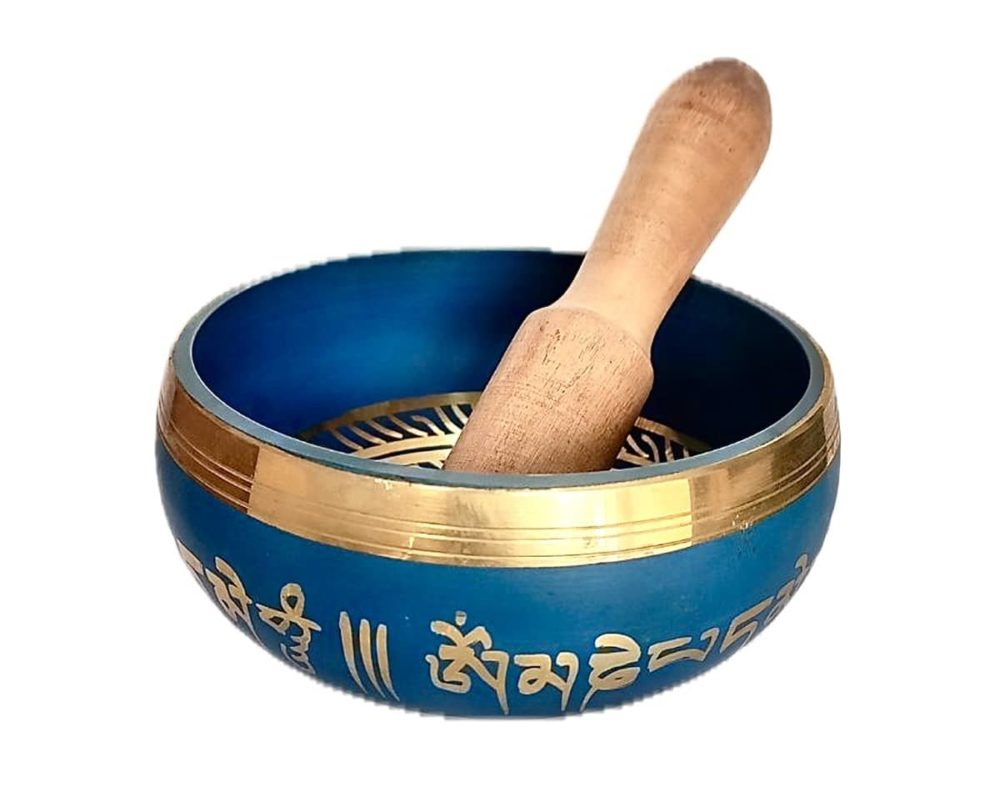
Similar Posts

Earnings from Handicraft Rises by 19 Percentage

Export earnings from handmade products surged 19 percent in the first four months of the current fiscal year, thanks to sustained demand from markets like China, the US and Europe. Nepal’s handicraft industry is on the recovery path after suffering a massive hit from the earthquake and trade blockade last year. Statistics released by the Federation of Handicraft Associations of Nepal (Fhan) show that Nepal exported handmade products worth Rs1.98 billion during the period mid-July to mid-November Shipments amounted to Rs1.67 billion in the same period last year.

Halloween Day Special Offer at ImartNepal
Special Offer in Halloween Day Halloween represents the soul of dead. Halloween is a yearly…

Madal: Nepal’s Rhythmic Heartbeat
Introduction: In the enchanting realm of Nepali music, there exists an instrument that serves as…




 Eternal Knot Etched Singing Bowl
Eternal Knot Etched Singing Bowl